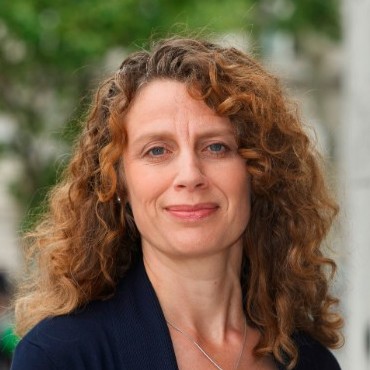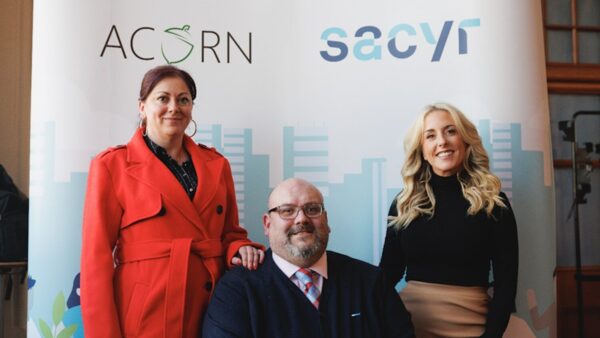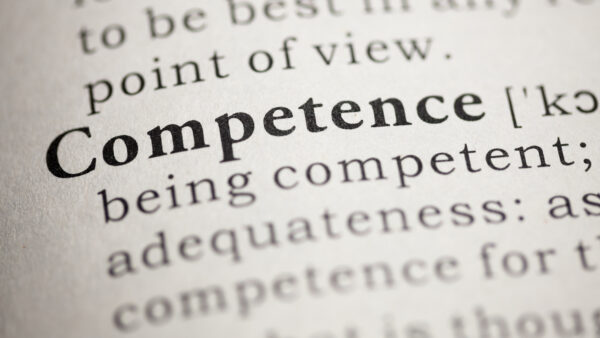
As COP27 comes around, construction professionals may be wondering what’s involved in becoming a chartered environmentalist. Kristina Smith talks to four CIOB members who have done just that
‘Get the message to the coalface’
For Melvin Keyani, QEHS director at M&E specialist Cilantro, sustainability and environmental issues are a hands-on affair. He once ran his own building company and is focused on making sure that workers on site have the information and training they need to do things properly.
“You can write a fantastic policy or procedure, but if you don’t monitor whether it’s being used, it is pointless,” Keyani says. “London is a subcontract, self-employed construction industry where the guys are on price work. For them environmental issues are at the bottom of their list. That’s where I come in.”
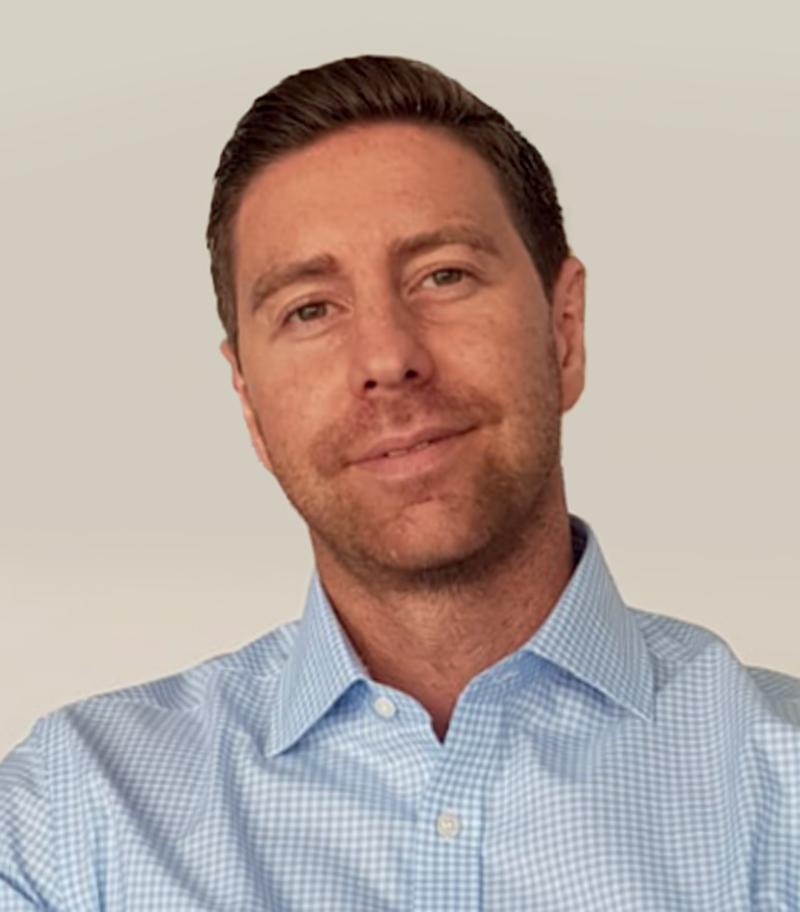
CV: Melvin Keyani, QEHS director, Cilantro Engineering
FCIOB, CEnv, CMIOSH
Worked with Cilantro Engineering from 2016 to 2018 and then from 2020
Currently studying for PhD at Anglia Ruskin University
Worked as environmental health and safety manager from 2009
Ran his own small building company after graduating
BSc Construction Management, Oxford Brookes University
The little things are important, he says, such as making sure hazardous waste isn’t thrown into general waste skips or setting up reuse areas for pipes and cables. “These are small steps but over a £30m project, there can be quite a substantial saving and if you have six or seven projects across London, it all adds up.”
Carrying bricks
Keyani’s first job in construction was carrying bricks while he studied for his construction management degree. It was not until his late 20s that he moved into environmental, health and safety management, working initially for DW Contractors in Oxford.
More recently, working with firms such as Mace, he has taken a keen interest in the governance side of sustainability, deploying standards such as ISO 14001 Environmental Management Systems – which Cilantro achieved in 2017 – and BES 6001 Responsible Sourcing of Construction Products.
“Get the knowledge and experience first,” Keyani advises others going for CEnv. “Working with principal contractors and other supply chains, I learn so much about what other people are doing.”
Walking around Cilantro’s projects to run checks is a big part of his role, but Keyani is keen to find more efficient ways to do things. Having saved significant quantities of carbon and cash by switching to apps from paper systems, he wants to make digital tools easier for older and migrant workers. He uses videos and photos for some risk assessment and method statements.
Keyani is currently studying for a doctorate at Anglia Ruskin University, looking at the usability of digital management systems and the ageing population.
‘Let’s banish sustainababble’
The biggest challenge in getting people to behave more sustainably is convincing them to change, says Greg Chant-Hall, director of consultancy Square Gain.
“People are scared of doing things differently – they see it as them having to take a risk personally,” he says. “They don’t need people talking sustainababble such as ‘net zero’ or ‘circular economy’ without explaining them properly.”
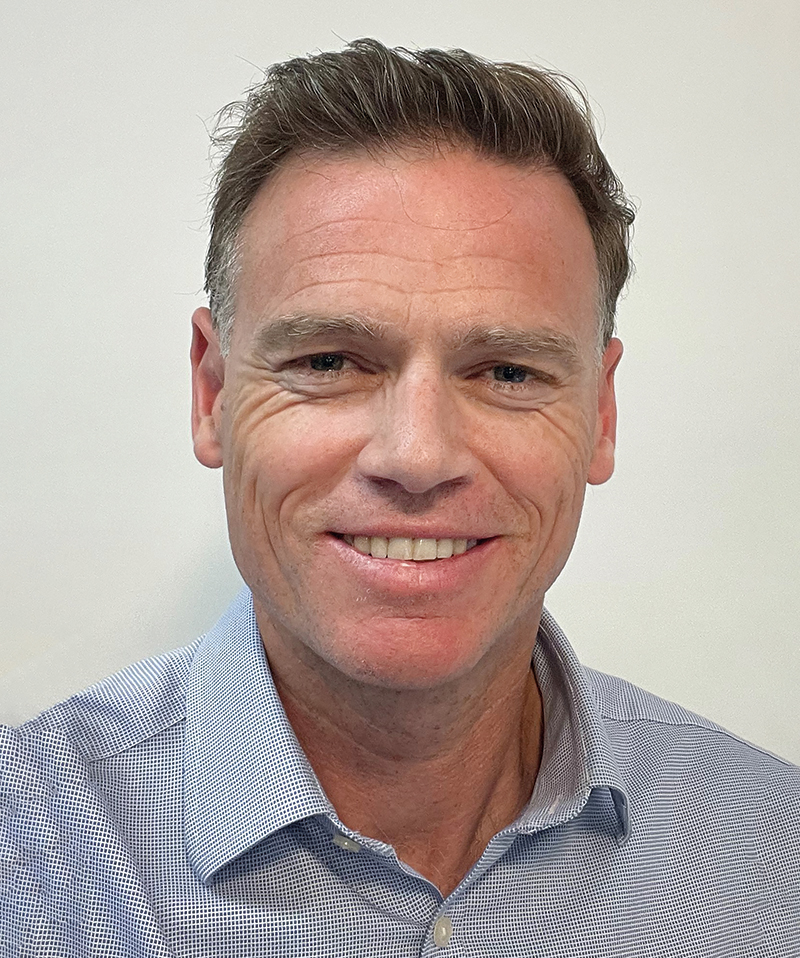
CV: Greg Chant-Hall, director, Square Gain
MCIOB, CEnv, FIEMA, FRSA, MCIBSE
Director of sustainability at consultancy Square Gain since 2017
Director of The Carbon Free Group, a consortium of companies dedicated to low carbon and sustainable living, since 2018
Worked for Skanska 2005-2009 and 2011-2018, rising to head up sustainability for global investment projects
First role with CIRIA in environment team
BSc Geography and Environmental Science, University of Surrey
Chant-Hall has been working in the construction sector for over 20 years, including two stints with Skanska. The second of these saw him start as sustainability manager on the group’s £1.1bn Barts and Royal London hospitals PFI, moving up to oversee all projects globally where Skanska had a financial stake.
Zero-carbon goals
At Square Gain, he works with organisations across the built environment, from financiers to supply chain companies. The consultancy provides training and e-learning resources, helps councils work out routes to their zero-carbon goals and recently wrote what Chant‑Hall says is “the world’s first net-zero building standard” for NHS England.
Chant-Hall, who gained his CEnv status over a decade ago, thinks the best thing about the accreditation is how it links across different sectors, whether financial, construction, logistics, retail and more.
“CEnv joins the dots,” he explains. “It is saying that the environmental management piece is part of everyone’s job and that it’s good for society and good for business.
It gives individuals recognition, but it should make their businesses better too.”
‘We are going to see a green revolution’
Emma Nicholson’s passion for sustainability dates back 15 years, and runs through her day job, volunteering and mentoring others.
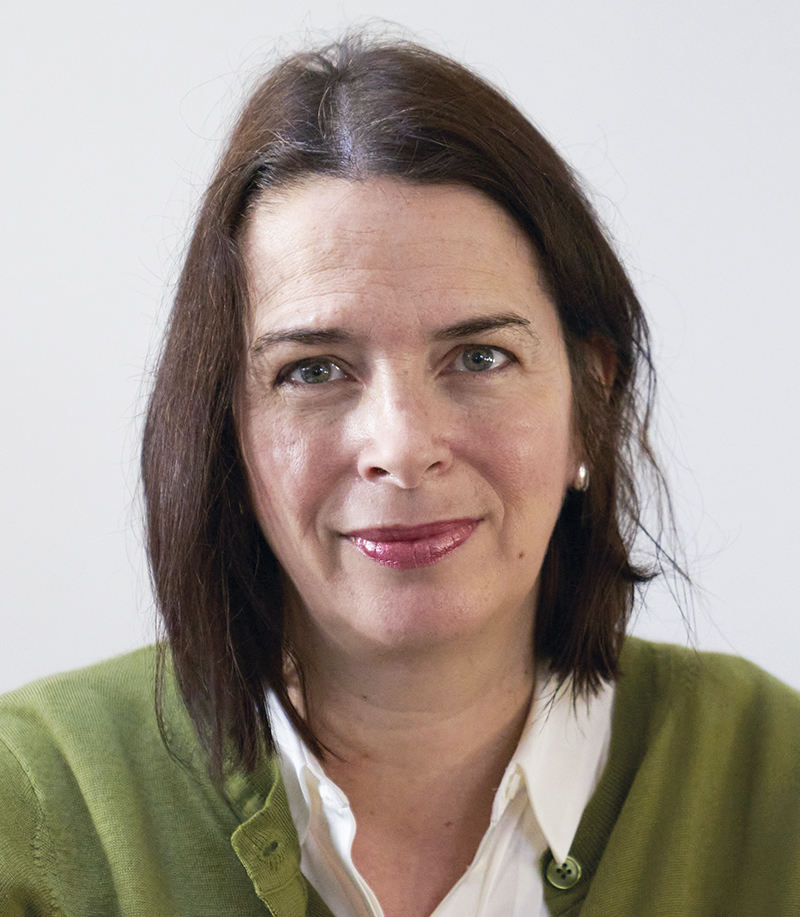
CV: Emma Nicholson, principal sustainability project manager, Pick Everard
FCIOB, CEnv, FIEMA, FAPM
Joined Pick Everard in September 2022
Founded the Women in Sustainable Construction & Property LinkedIn community in 2011
First job in construction as assistant project manager in 1998, then worked for various consultancies as project and sustainability manager
MSc in Construction Project Management from South Bank University
Degree in English Literature
“The built environment particularly has a critical role to play in reducing greenhouse gases and tackling the climate and biodiversity emergencies the planet is facing,” she says. “There is a pressing need for more chartered environmentalists and for all built environment specialists to keep up with key legislation.”
Outside construction
Nicholson’s career began outside construction. Having studied a degree in English Literature, she worked in journalism and PR and was working in interior design when the opportunity to apply for a job as a trainee project manager arose.
After gaining a construction project management degree, and working across different sectors, Nicholson’s interest in sustainability and environmental issues grew. She gained her environmental chartership in 2010 and in the same year and was named a ‘rising star’ by the Society for the Environment. And then worked as venues sustainability manager for the 2012 Olympic and Paralympic Games.
Recently she moved to Pick Everard, where she is a principal sustainability project manager.
“Now I’m in a position where I’m applying my experience every day, working directly on all manner of projects from client decarbonisation to promoting sustainable processes and best practice across the industry,” she says. “We are going to see a green revolution.”
‘Include sustainability in everything you do’
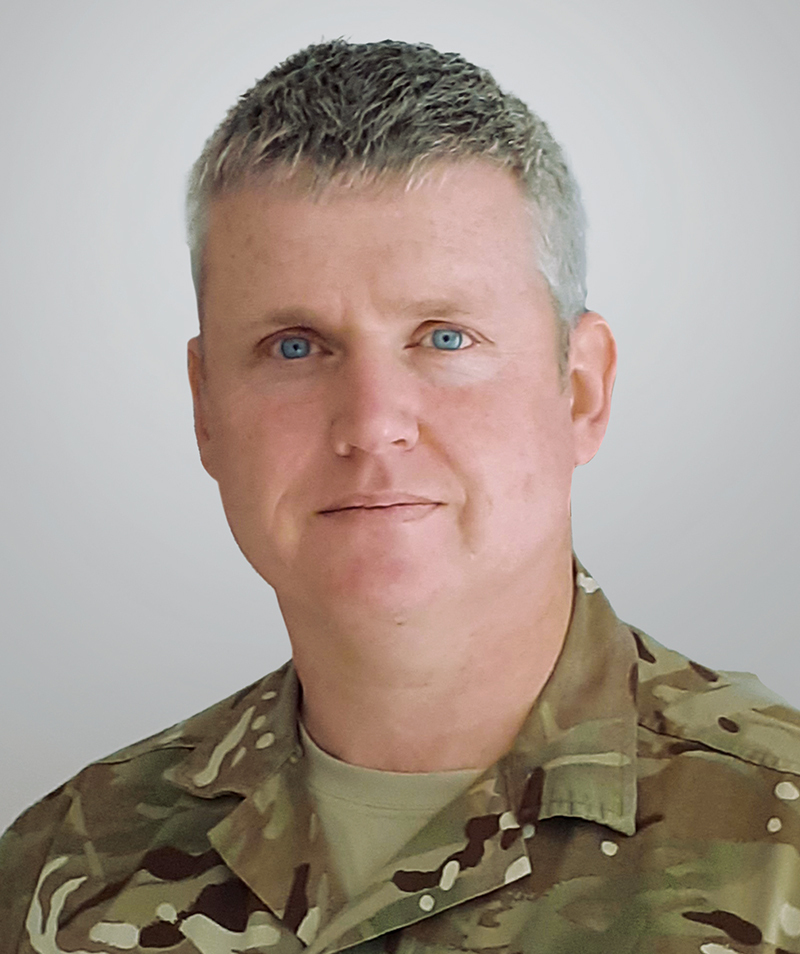
CV: Peter Egan, requirements portfolio manager, Strategic Command
FCIOB, CEnv, CEng, FInstRE
Set up sustainability consultancy EGS Consult in 2021, ahead of retiring from army
Roles in the military include project manager and structural designer for infrastructure projects around the world, planning and implementing engineering projects in the UK, overseeing training at the Corps of Royal Engineers Professional Engineering Wing and working for Strategic Command
Joined HM Forces (Army) Corps of Royal Engineering in 1996
MSc Sustainability and Adaptability in the Built Environment, Centre for Alternative Technology
There won’t be many CIOB fellows who have worked on as diverse a range of projects as Peter Egan. Over his 26 years in the Royal Engineering Corps, he has worked in Macedonia, Iraq, Afghanistan, the Falklands and South Sudan.
Environmental and sustainability issues always interested Egan. When he qualified in 2011 to become a ‘clerk of works’ – a military term for someone who produces high-level engineering designs and provides expert advice on projects – he started to take positive action.
“I started to understand the impacts of the buildings and infrastructure we were constructing, and I tried to include sustainability in everything we did,” he says.
Egan’s green achievements including cancelling out the carbon emissions from concrete in a new accommodation building on the Falkland Islands – replacing cement with ground granulated blast furnace slag (GGBS) and planting trees to offset the rest – and using vernacular materials and local tradespeople on two huge hospital projects in South Sudan.
At his membership interview for CIOB, his sustainability knowledge was so evident that he was advised to apply for the chartered environmentalist accreditation. Now he is part of CIOB’s validation process for new CEnv applicants.
“Chartered environmentalist status gives you extra credibility and validation when you are discussing technical issues,” says Egan.
CIOB and SocEnv
The construction industry has never seen greater demand for sustainability expertise – and one way to demonstrate competency is through gaining chartered environmentalist status, CEnv, from the Society for the Environment (SocEnv).
SocEnv is an umbrella organisation that licenses other professional bodies from almost every sector to award the CEnv qualification. CIOB is one of those bodies.
The application process for those CIOB members who want to become a chartered environmentalist involves submitting a master’s-level written application. There follows a professional interview with specialist assessors.
SocEnv has awarded some 7,500 CEnvs since 2004 across all industries.
More info: ciob.org/chartered-environmentalist.


